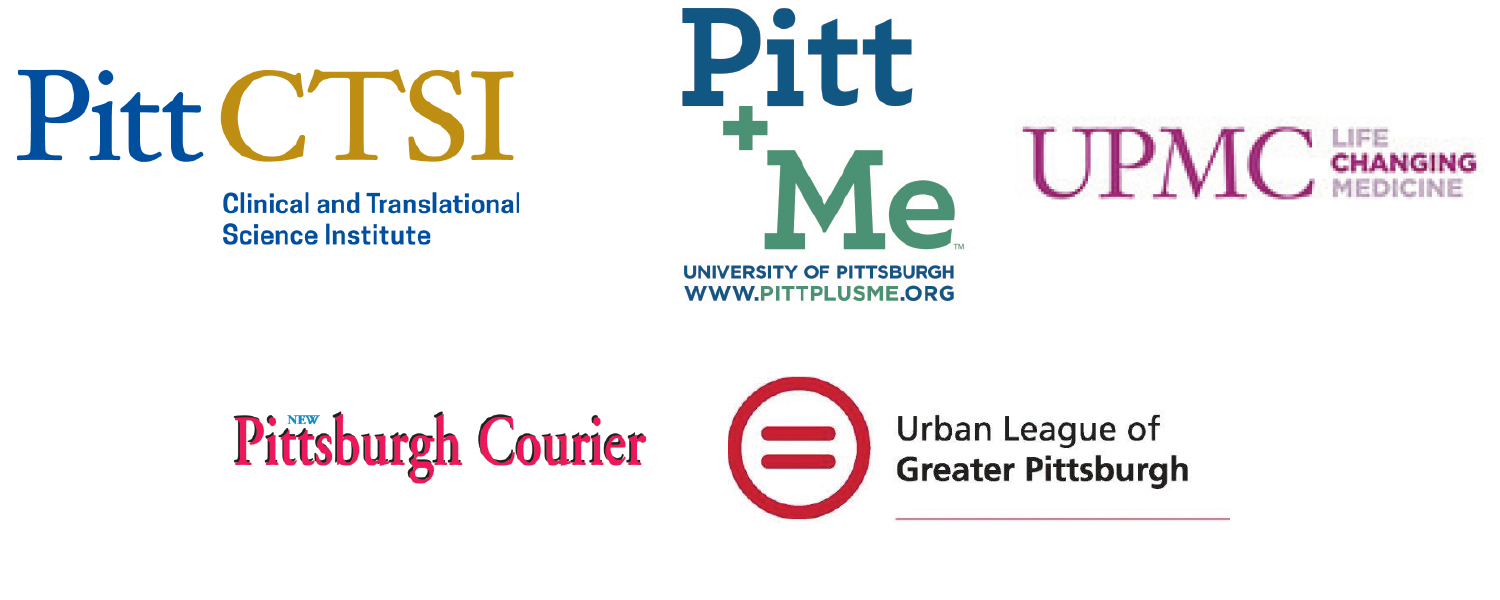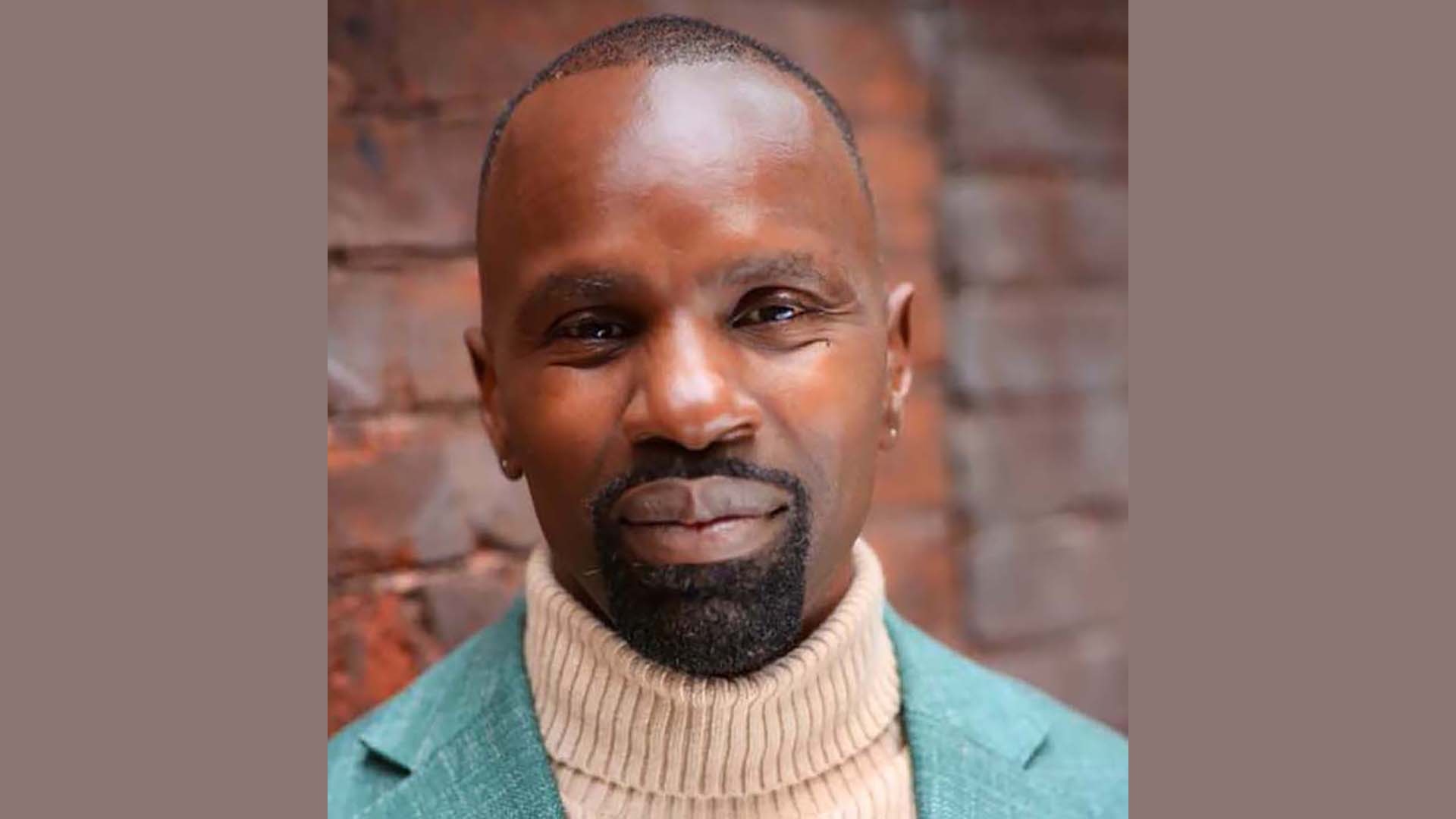CARLOS T. CARTER
The Community Health Series Partnership (CHSP) is turning its spotlight on how social media affects Black youth in the LGBTQ+ community — including how to help teens who’ve been victimized online. Carlos T. Carter, President and CEO of the Urban League of Pittsburgh, joins us with his thoughts, including strategies for navigating social media safely.
Q: Thanks for joining us again, Carlos. Many teens today use social media to build relationships and communities, which can be positive. But there’s also potential harm, especially for groups like LGBTQ+ youth. What should younger teens and parents focus on online?
Carlos: Online harassment is a real concern. Some people target minorities, so it’s crucial for youth to manage privacy settings, use blocking features, and know how to report issues on apps. They should feel comfortable reaching out to trusted adults or friends if something troubling happens.
Black LGBTQ+ youth face compounded risks due to both their sexual and racial identities, making them targets for bullying. It’s vital for them to find supportive communities online and offline where they feel safe and understood. Access to mental health resources like counseling is also essential.
Building online relationships requires caution. Not everyone online has good intentions, so youth should verify who they interact with and be wary of those seeking personal information or making them uncomfortable. Open communication between parents and teens about their online experiences can help address concerns without judgment.
By being proactive and cautious, LGBTQ+ youth and their parents can navigate social media more safely and positively.
Q: You mentioned the double risk Black LGBTQ+ youth face with online bullying. Can you elaborate?
Carlos: Homophobia remains an issue in America and the Black community. While progress is being made, we need to support Black LGBTQ+ youth in embracing their identities proudly. They often turn to social media for acceptance and support, so ensuring their online interactions are positive and safe is crucial.
Growing up Black and LGBTQ+ can be isolating, and social media can provide a lifeline. Parents, educators, and community leaders must monitor and intervene in negative online interactions.
Creating supportive environments, both online and offline, helps Black LGBTQ+ youth navigate their identities confidently. Open dialogue, mental health support, and access to inclusive communities are essential for their well-being.
Q: What strategies can Black LGBTQ+ youth use to cope with the emotional toll of online hate?
Carlos: Seek out online spaces with like-minded individuals, such as group chats and moderated groups on platforms like Facebook, Instagram, and TikTok. These communities offer crucial support and connection.
Finding spaces that align with their identities as minorities is beneficial. Limiting social media time and balancing it with offline activities like school, hobbies, and physical health promotes overall well-being.
Encouraging mindfulness and setting boundaries around social media use can turn it into a positive tool rather than a source of stress.
By promoting these strategies, we can help Black LGBTQ+ youth protect themselves online and foster a more inclusive society.


